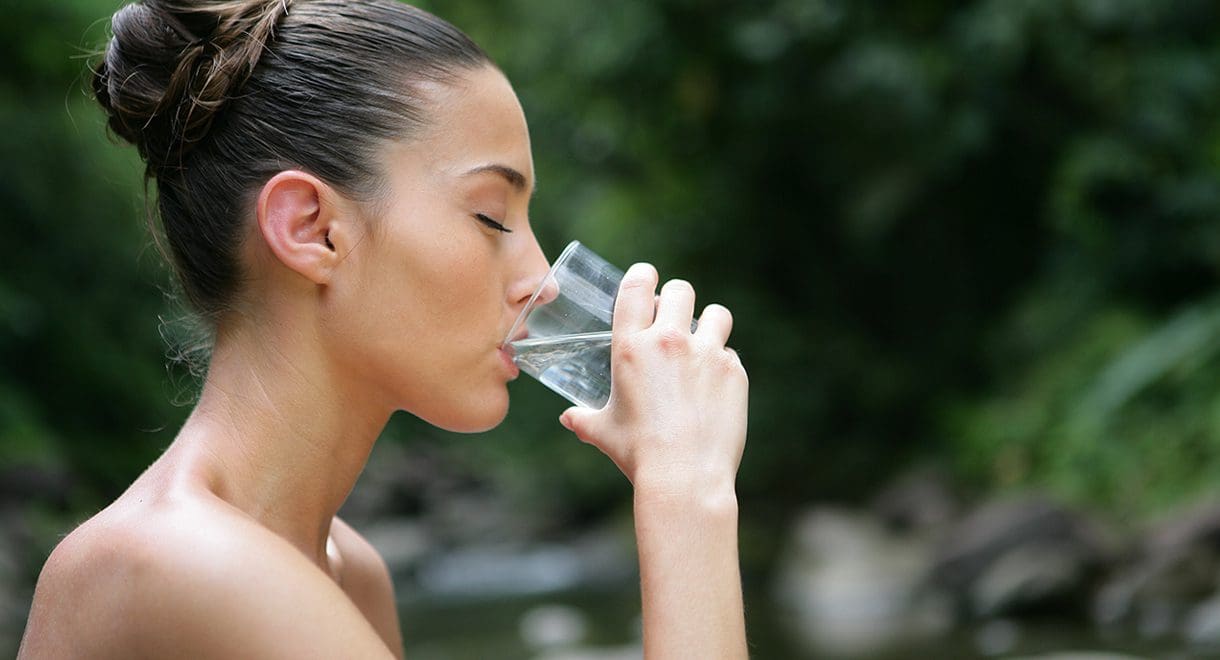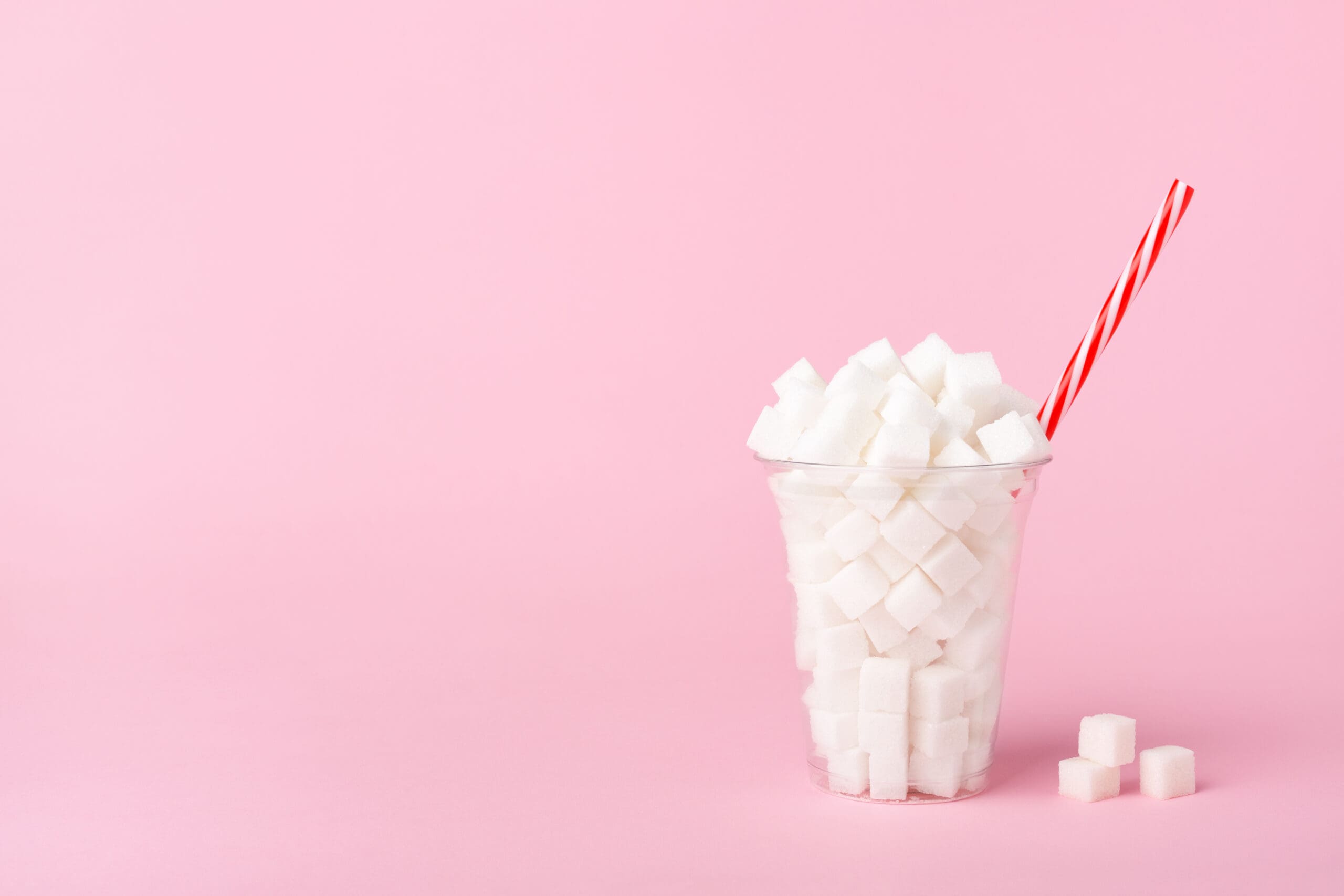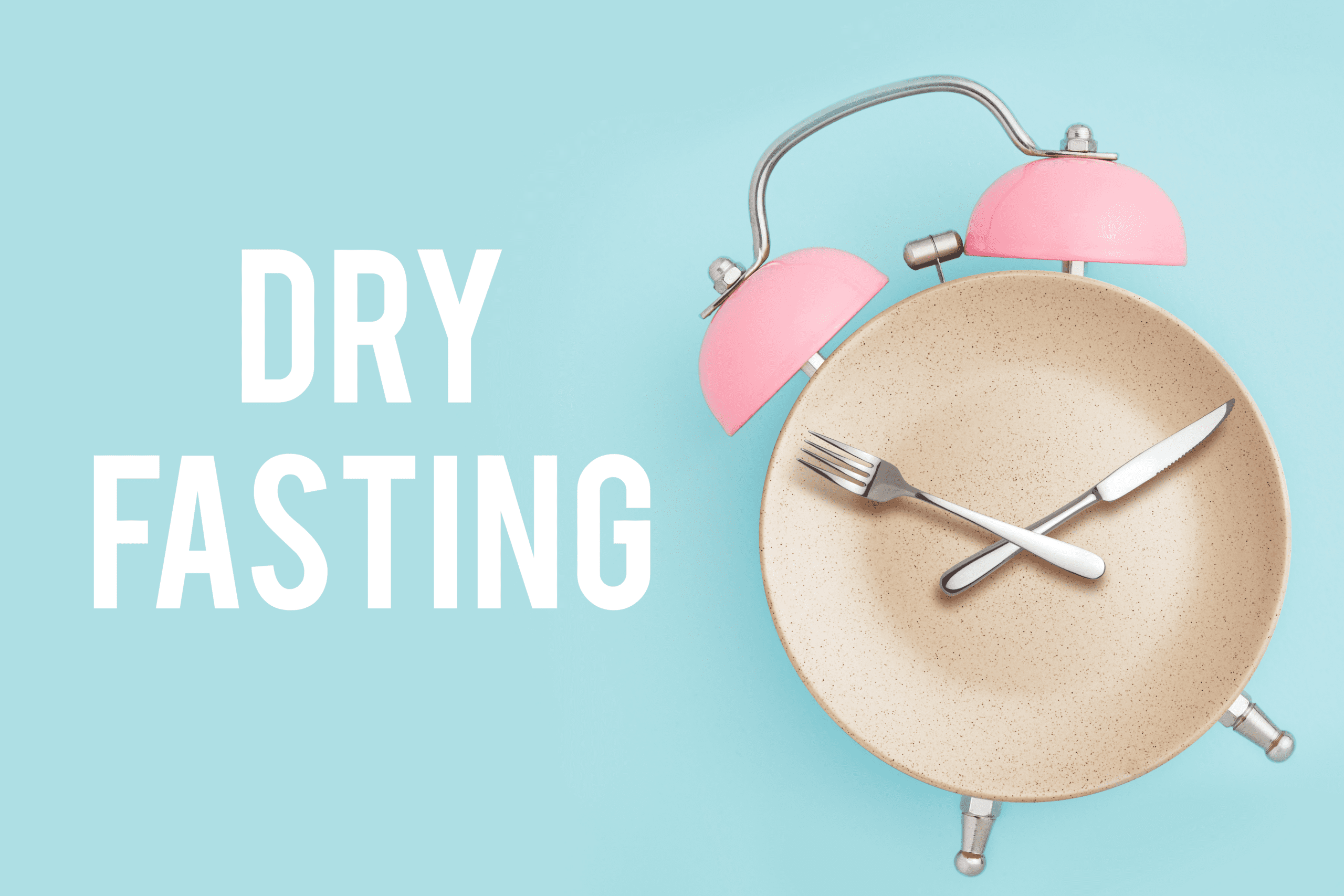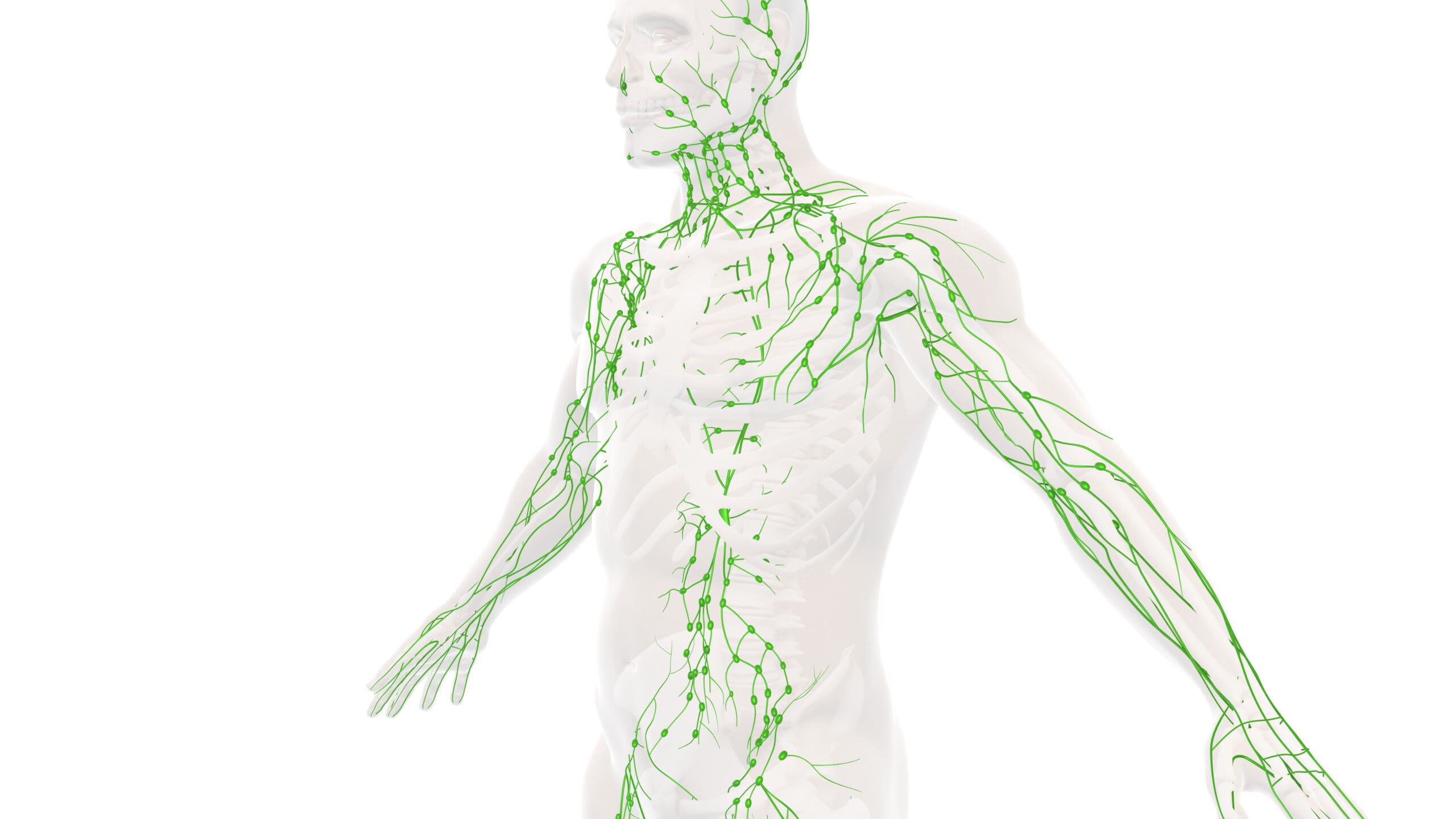Is the summer heat leaving you puffy and bloated?
Fluid retention is a common symptom in women and is always worse in hot weather. Fluid retention is also known as oedema, and the most common areas of the body to be affected are the lower legs and ankles, hands, face (particularly under the eyes) and abdomen.
A woman’s fluid level can vary from day to day. If you hop on the scales and notice that you are two kilos heavier than you were yesterday, often it’s actually fluid, not fat. It can be very disheartening to see the scales move upwards so quickly, but the good news is that fluid can be lost much more quickly than fat.
A number of different conditions can cause excess fluid to accumulate in areas of the body. Sometimes the cause is simply poor diet and inactivity; other times a serious medical condition may be responsible. Most cases of fluid retention can be resolved with the remedies listed below. If these strategies are not effective for you, please consult your doctor. Sometimes under-functioning kidneys or poor thyroid function can be responsible for the excess fluid.

Remedies for releasing excess fluid:
- Drink lots of water. Drinking more will actually help your body to release stored fluid. A dehydrated body is more likely to retain fluid. In hot weather it is important to drink between one and three litres of water each day; depending on your environment and activity level.
- Move more. Sitting still or standing still for long periods of time foster the development of oedema in the legs. Avoid sitting with your legs crossed for long periods as this impairs circulation. Exercise stimulates muscle contractions in your legs, forcing the movement of fluid back up to your heart. If you must sit for long periods, make circles with your ankles and move your toes regularly to help the movement of fluid.
- Eat less salt. You do need some salt in your diet but if you regularly eat processed foods or buy meals from restaurants or cafes, you are probably eating too much salt. Cut down the amount of salt you add to cooking gradually and your taste buds should adjust. Use more herbs and spices to flavour food instead.
- Eat less carbohydrate. Carbohydrate rich foods like sugar, bread, pasta, rice, potatoes, breakfast cereals, sweet drinks and foods containing flour all promote the release of insulin into your bloodstream. Insulin stimulates your body to retain fluid and sodium, giving you the puffy look. If you base your diet on protein and vegetables (as in the book I Can’t Lose Weight and I Don’t Know Why) you will be leaner and far less puffy.
- Allergies and food sensitivities can promote fluid retention. Common culprits are dairy products, wheat and gluten.
- A thyroid condition can cause fluid retention, particularly under the eyes and in the lower legs. If your thyroid hormones have not been tested recently, see your doctor or naturopath for a thyroid function test. For more information about thyroid health see our book Your Thyroid Problems Solved.
- If fluid retention is much worse the week before your menstrual period, you may be progesterone deficient. Progesterone deficiency increases the risk of PMS, pre-menstrual fluid retention, sore breasts, increased hunger and cravings before a period, as well as heavy, painful periods. Bio-identical progesterone cream is very effective for addressing these symptoms; it requires a doctor’s prescription. The doctors at our clinic are very experienced in the use of bio-identical progesterone for helping female hormonal disorders.
- Varicose veins promote fluid retention in the legs. Fluid leaks out of the veins and accumulates in surrounding tissue. There are a number of herbs and nutrients that help to strengthen blood vessels, reduce swelling and improve circulation. They can also help to reduce aching legs and feet from having to stand for long periods of time.
For more information on natural ways to relieve excess fluid and improve vein health, please contact our friendly naturopaths on 02 4655 4666.









fluid retention ?? use the detox soup , i found my fluid retention was solved when i did that , ( no doctor could do anything about it )
That’s great that detox soup worked for you ! 🙂
I find my upper legs swell up. Is that normal?? Also do spider veins effect blood flow ???
Swelling on the upper legs isn’t as common, but it does happen, especially in women predisposed to cellulite.
Spider veins do not significantly affect blood flow. They are more a cosmetic issue.